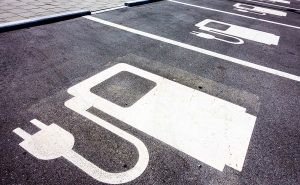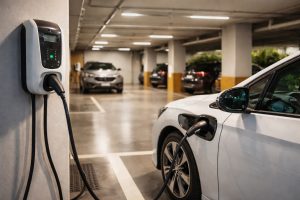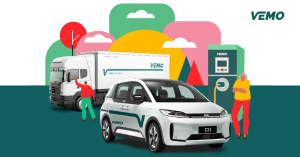
Electric Vehicles Could Change the Service Station Market
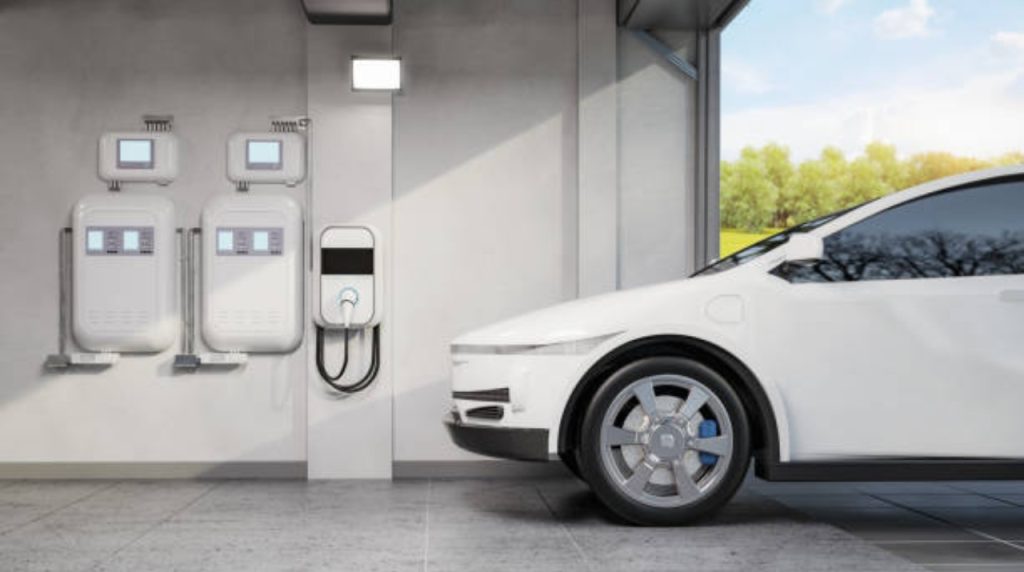
A Boston Consulting Group study reviewed by Autos de Primera reveals three scenarios in which the adoption of electric vehicles will impact fuel retailing and fueling stations.
The report, The EV Opportunity for Fuel Retailers, reveals key information about the changing transportation and retail landscape.
The first scenario, called Fossil is King, envisions a nascent electromobility market in 2035, with a modest 15% share of such vehicles and limited public charging infrastructure.
You may also read: BBVA offers financing options for acquiring electric vehicles in Mexico
In the second scenario, The Rise of EVs, electric vehicles are presented with a share of around 30% of the vehicle fleet in 2035, and further infrastructure development.
The offer of service stations evolves towards fresh food and a personalized experience. In this the consumer visit is not always associated with refueling.
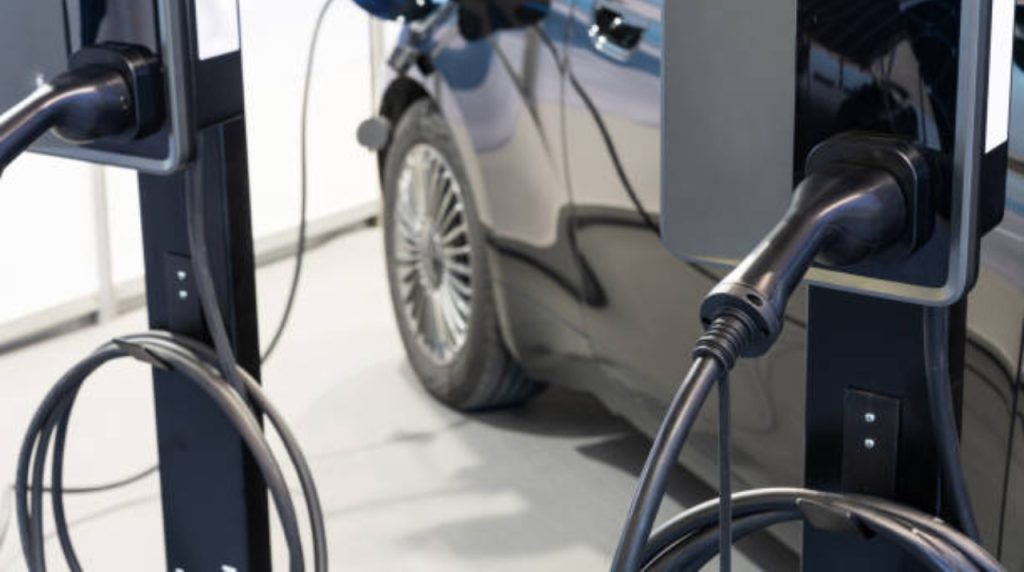
Third Act
The third and most revolutionary scenario is Electric Dominance. It anticipates a future in which electric vehicles would have a 55% share of the vehicle fleet by 2035. In this scenario, the recharging infrastructure is well established and autonomous vehicles, are starting to gain ground.
Service station offerings have significant growth potential in visits not associated with fueling or electric recharging.
This Boston Consulting Group analysis also includes variables that could alter these scenarios, including changes in the regulatory environment, the pace of technological development, and the evolution of fuel and charging margins.
Three are the main changes with varying impact. First, “charging” will become an expanding business with operators of charging points and at service stations, well positioned and strategically located.
Second, the enhanced offering of service stations will include a wide range of fresh foods tailored to local market preferences. It may attract customers who do not visit the station for energy or fuel supply.
The third case is the closure of service stations, in areas where electric vehicles predominate and have no product offering or new services.




